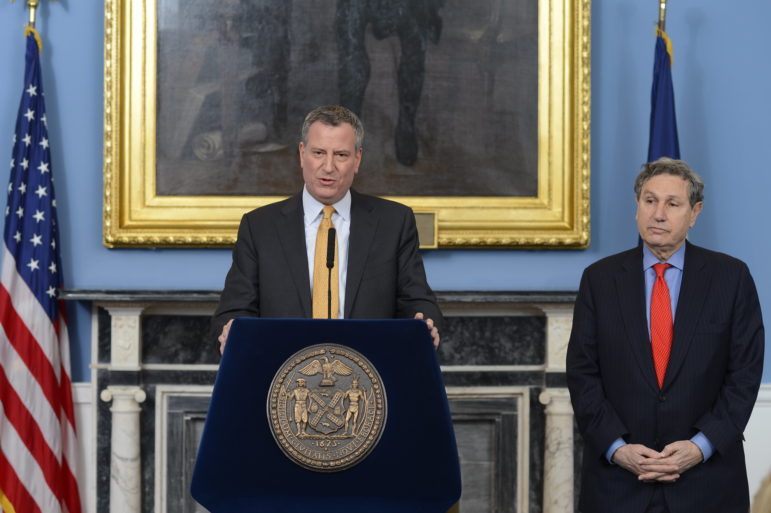
Rob Bennett for the Office of Mayor Bill de Blasio
The mayor seen in 2014 with Carl Weisbrod, his first planning commissioner and the man who cast the deciding vote on a proposal to let the CCRB investigate officers suspected of providing false statements.
In a dramatic reversal, the Charter Revision Commission on Tuesday voted to allow voters to decide whether the Civilian Complaint Review Board should be able to pursue cops who make false statements during investigations of police misconduct.
The commission has rejected the idea last week. But Carl Weisbrod, a mayoral appointee who was Mayor de Blasio’s first planning commissioner, switched his vote to create a narrow 8-6 majority to approve a ballot proposal that would–if approved by voters–re-write the charter to “allow CCRB to investigate and recommend discipline against a police officer who is the subject of a CCRB complaint, if that officer makes a false material statement within the course of CCRB’s investigation or prosecution of such complaint.”
Tuesday’s meeting was the second round of voting on proposals that will be put before the voters in November.
The 2019 Charter Revision Commission, convened last year by Council Speaker Corey Johnson, is the second in as many years. In 2018, de Blasio created a panel that looked narrowly at steps to improve democracy in the city; it proposed and voters approved three changes to the city’s governing document.
Last week, commissioners approved a large slate of proposals affecting budgeting, the CCRB, voting in city elections and land use. The land-use proposals affected minor elements of the city’s Uniform Land-Use Review Procedure or ULURP.
A coalition of community groups and a few elected officials have been lobbying for a move toward comprehensive planning and reform of the city’s environmental review process.
The Charter Commission’s staff had already signaled in April that no such dramatic change was in the offing, but it had recommended that commissioners consider a proposal that would have made the city’s patchwork quilt of planning mechanisms more streamlined and transparent.
On Tuesday, however, the commission shot down a proposal for a strategic planning system and never took up the staff’s more modest idea.
The panel also rejected calls to change land-use procedures in other ways, including:
• a ban against members of the real-estate industry serving on agencies that regulate land use, including the Department of City Planning, the Board of Standards and Appeals, the Department of Buildings, the Department of Housing Preservation and Development, the Landmarks Preservation Commission, and the Economic Development Corporation.
• a change that would give each borough president “the power to call a Borough Joint-Agency Technical Review Meeting, which Commissioners, Deputy Commissioners, or Borough Commissioners from the Department of Buildings, Department of Transportation, and Department of Parks and Recreation, as well as the Borough Director of the Department of City Planning and representatives from the Borough Command of the New York City Fire Department and the New York City Police Department shall attend”; and
• a requirement that community boards and borough presidents’ offices “must be included in inter-agency pre-certification meetings on ULURP items held by the City Planning Commission.”
Get the best of City Limits news in your inbox.
Select any of our free weekly newsletters and stay informed on the latest policy-focused, independent news.
That means that despite years of controversy over development, displacement, “NIMBYism” and equity, and with the affordability and climate crises nigh at hand, the system for deciding how to use land was largely untouched by the only charter revision commission in a generation with the scope to tinker with it.
The panel did, however, approve questions related to significant changes like instituting ranked-choice voting in primaries and special elections, expanding the powers of the CCRB and pegging the budgets of the public advocate and borough presidents to inflation.
Last night, in addition to approving the new CCRB measure, the panel also voted to draft ballot questions that would establish a two-year post-employment lobbying ban for elected officials and senior appointed officials and prohibit members of the Conflicts of Interest Board (COIB) from making political donations.
Now the commission’s staff will draft the ballot language for approval by the commissioners on July 24.



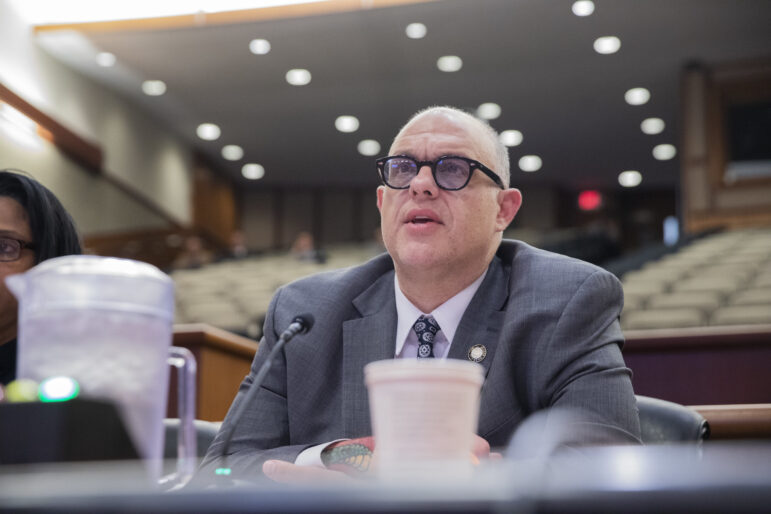
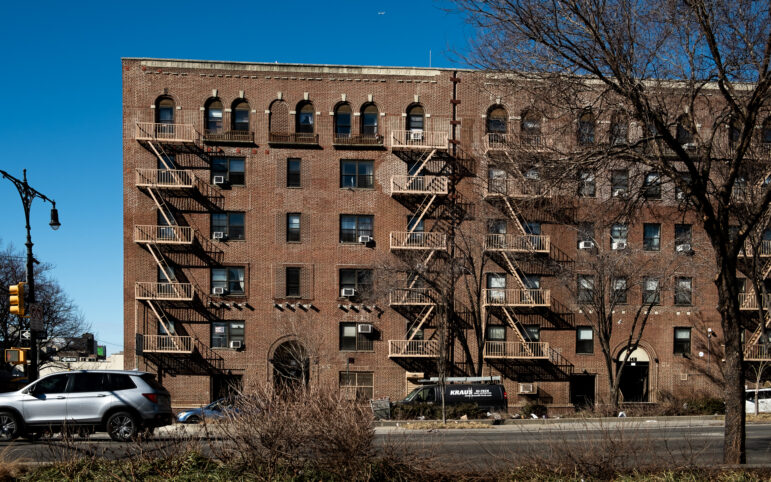
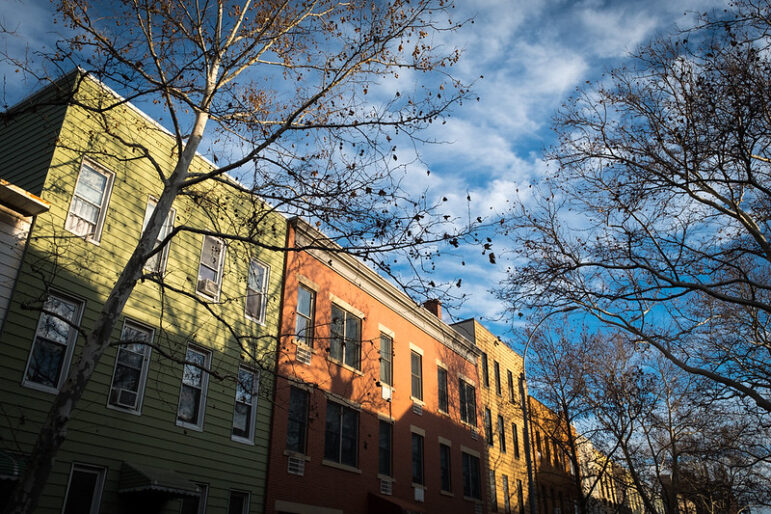



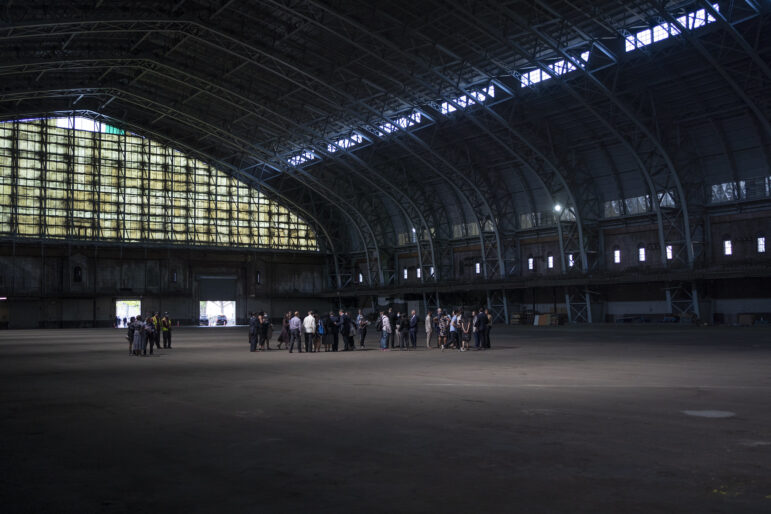
One thought on “Panel OKs Question on Cops Who Lie, Avoids Major Land-Use Changes”
The vote on cops will bring out a negative crowd and everything will be voted down.